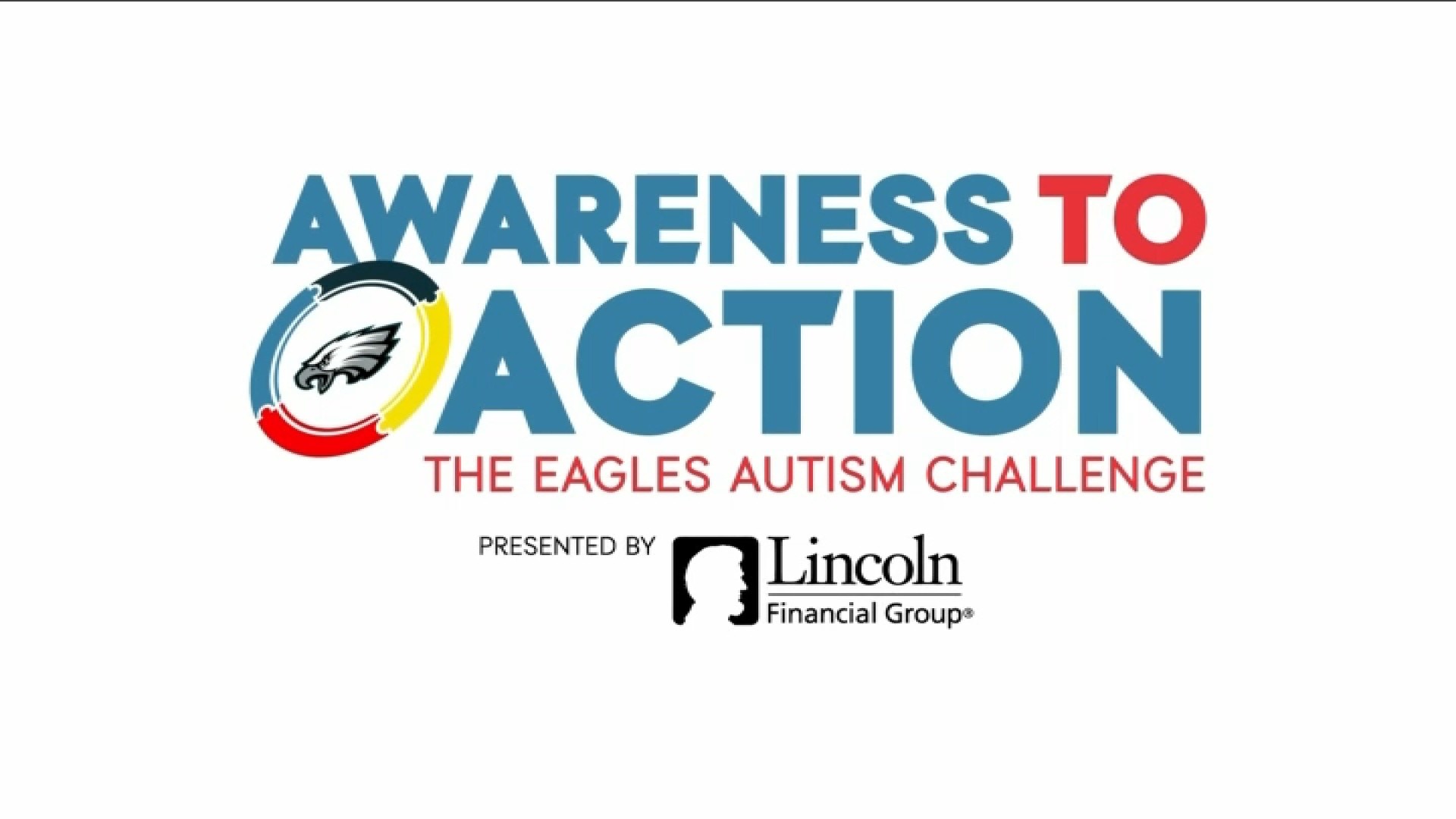What to Know
- In a 7-2 vote Wednesday night, Atlantic City council members voted to pass an ordinance championed by Council President George Tibbit that will end its 14-year-old needle exchange program and consequently its ancillary treatment services.
- Tibbit and other supporters of scrapping the exchange program have painted their position as one of public safety amid stray needles and people from outside Atlantic City coming in for services.
- The decision drew criticism from New Jersey Governor Phil Murphy who wrote in a statement that he was "deeply disappointed."
Atlantic City is ending its 14-year-old needle exchange program, a decision that some fear could have devastating consequences.
In a 7-2 vote Wednesday night, city council members voted to pass an ordinance championed by Council President George Tibbit that will end the exchange program and consequently its ancillary treatment services.
Get Philly local news, weather forecasts, sports and entertainment stories to your inbox. Sign up for NBC Philadelphia newsletters.
The decision drew criticism from New Jersey Gov. Phil Murphy, who wrote in a statement that he was "deeply disappointed."
"This action will endanger some of the city’s most at-risk residents and contradicts my Administration’s comprehensive, data-driven strategy to end the opioid crisis," he wrote.
Local
Breaking news and the stories that matter to your neighborhood.
Prior to the vote, Carol Harney, the CEO of the South Jersey AIDS Alliance, which operates the needle exchange program out of the Oasis center on Tennessee Avenue, expressed concern over ending the program.
“The problem is what's going to happen is if we close in 30 days, people are still going to be using syringes and there's going to be no incentive for them to dispose of them properly,” she said.
Tibbit and other supporters of scrapping the exchange program have painted their position as one of public safety amid stray needles and people from outside Atlantic City coming in for services.
During Wednesday's virtual meeting, he held up a jar with syringes that he said were picked up from the street and from a kids' skateboard park.
“You see our streets, we gotta take our streets back," Tibbit said. "This is a family destination. It's a tourist attraction, and we can't have what's going on.”
In a letter published in The Press of Atlantic City, Council Vice President Kaleem Shabazz acknowledged the “severity of the opioid and drug crisis” in Atlantic City and the country, but argued it was not fair for his municipality to be one of only seven across the state to have exchange programs.
“The solution is not to leave Atlantic City alone to deal with this very serious health, social and quality of life problem,” he wrote.
Harney rejected the claim that a large number of out of-town drug users are coming into the city for the needle exchange program. Though the way the law is structured prevents the AIDS Alliance from collecting people’s address, Harney said a small sampling of around 100 people showed 90% of those who availed themselves to Oasis’ services lived within two miles of the center.
Needle exchange programs not only help reduce transmission of blood-borne diseases, but they are also proven to help reduce addiction and increase public safety by reducing the number of discarded needles in communities, according to the Centers for Disease Control and Prevention.
Harney said the percentage of people who return used needles at Oasis is in the 90s.
New needle exchange program users are also five times more likely to enter drug treatment and three times more likely to stop using drugs than those who don’t use the programs, the CDC found.
Harney said the real reason council members want to end the program in Atlantic City is redevelopment.
“One of the things that the city consistently says is that folks are coming to Atlantic City for social services and in reality, that's not what we see. People are coming here for economic development,” she said.
In fact, the South Jersey AIDS Alliance would not mind moving from the Oasis center as long as a new location would still be easily accessible to people who walk, as is currently the case, she said.
However, she added, the AIDS Alliance has been rebuffed when proposing different sites, with Council members seemingly intent on moving the group to a non-permanent location in favor of redevelopment projects and at the expense of organizations that offer social services.
"I expect that there will be other social services after us that will be targeted for removal from Atlantic City because the current government doesn't believe that there should be social services in Atlantic City," she said.
Repealing the needle exchange program will also hurt the AIDS Alliance’s other services, which include free drug treatment; medical, housing and food assistance; and free distribution of the overdose-reversing drug naloxone, she added.
“We know at least 50 people in the last year that our services had prevented overdoses for, and we think that is probably the most emergent and serious implication that will happen with us closing the doors,” Harney said.
Asked if she fears ending the program would lead to people dying on the street, Harney was blunt in her response.
“Absolutely,” she said.
Despite disagreeing with the city council's decision, Gov. Murphy also said he shared their vision for a "healthy and vibrant Atlantic City."
“Now, more than ever, because of the increase in opioid-related deaths, is the time to push forward and continue in our broader efforts to expand harm reduction centers across the state," Murphy wrote. "Individuals struggling with addiction deserve access to the critical, compassionate services they need to stay alive, recover, and thrive.”
Tibbit said the city is willing to work with the state to "create a better way."



